Quiz of The Week: 24 - 30 September
Have you been paying attention to The Week’s news?
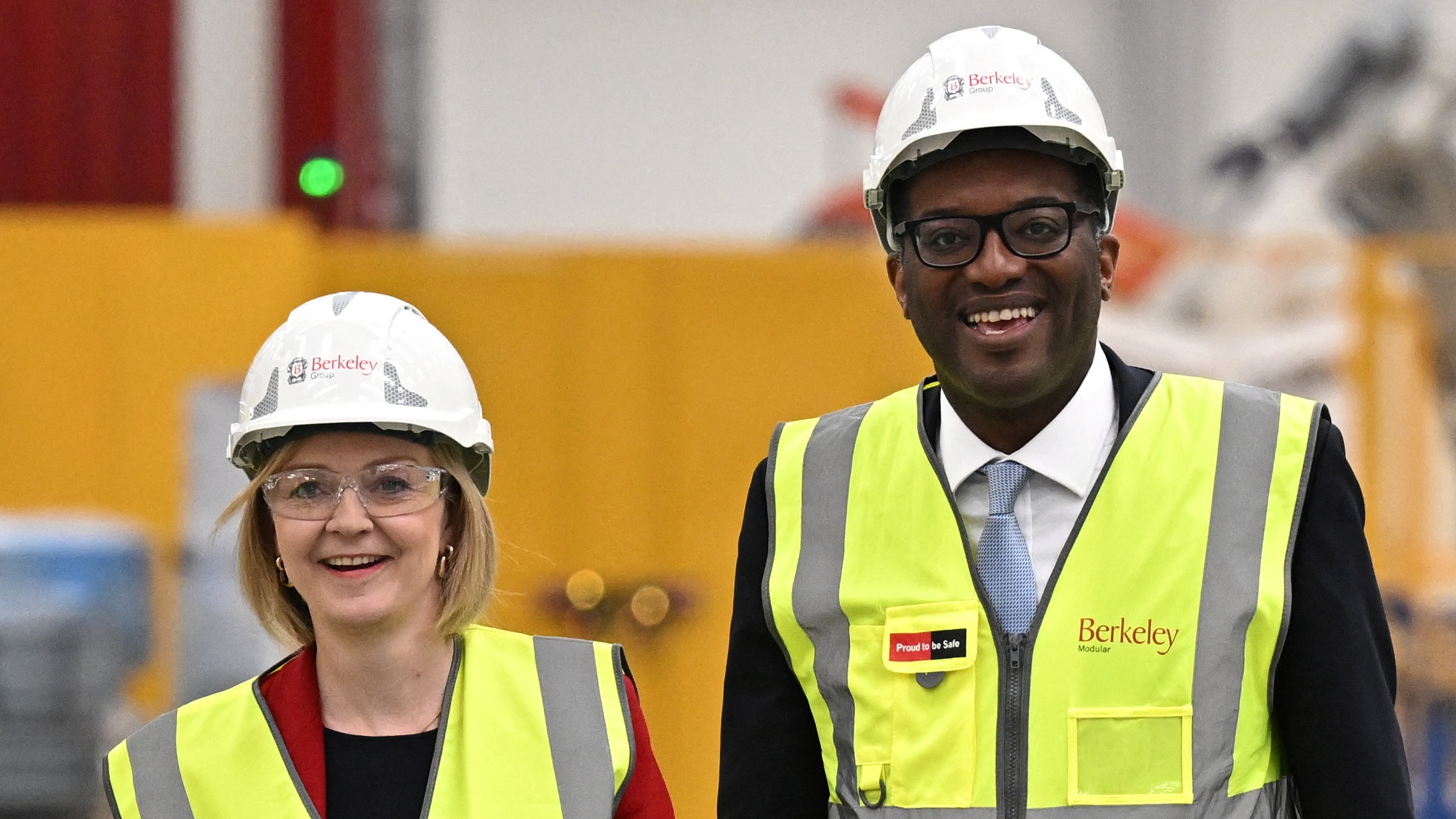
A free daily email with the biggest news stories of the day – and the best features from TheWeek.com
You are now subscribed
Your newsletter sign-up was successful
Prime Minister Liz Truss and her chancellor Kwasi Kwarteng are refusing calls for a U-turn after their radical tax-cutting “mini-budget” plunged the markets into turmoil this week.
The government’s controversial fiscal strategy, which included plans to implement some £45bn worth of tax cuts, prompted the pound to fall to an all-time low against the dollar and raised the prospect of further interest rate hikes from the Bank of England (BoE) to deal with spiralling inflation.
In a highly unusual move, the BoE was forced to announce a £65bn emergency intervention to avert an economic crisis in the wake of the mini-budget, buying billions of pounds’ worth of government bonds to prevent people’s pensions being put at risk.
The Week
Escape your echo chamber. Get the facts behind the news, plus analysis from multiple perspectives.

Sign up for The Week's Free Newsletters
From our morning news briefing to a weekly Good News Newsletter, get the best of The Week delivered directly to your inbox.
From our morning news briefing to a weekly Good News Newsletter, get the best of The Week delivered directly to your inbox.
Truss defended the plans in a round of broadcast interviews on BBC local radio yesterday, describing the mini-budget as “decisive action” that had to be taken in order to “get the economy moving”.
But both Truss and Kwarteng today met the government’s independent economic forecaster, the Office for Budget Responsibility, which has demanded a “rethink” of the government’s fiscal strategy, according to The Times.
Meanwhile, Labour is enjoying its largest poll lead since the Tony Blair years, after a YouGov survey found that 54% of voters would back Labour in a snap general election with only 21% supporting the Tories. The 33-point lead is the party’s highest in almost three decades.
To find out how closely you’ve been paying attention to the latest developments in the news and other global events, put your knowledge to the test with our Quiz of The Week.
A free daily email with the biggest news stories of the day – and the best features from TheWeek.com
Need a reminder of some of the other headlines over the past seven days?
- Two gas pipelines between Russia and Germany, Nord Stream 1 and 2, have been damaged in explosions, with several European leaders quick to claim that sabotage was a likely cause.
- An investigation into the death of Marc Bennett, a British travel industry boss, in Qatar has reportedly uncovered fresh evidence that he was detained and tortured by the country’s secret police in the final weeks of his life.
- Vladimir Putin’s plan to send 300,000 new conscripts to support his war in Ukraine is facing increasing resistance in Russia as anti-mobilisation protests spread across the country.
-
 The Olympic timekeepers keeping the Games on track
The Olympic timekeepers keeping the Games on trackUnder the Radar Swiss watchmaking giant Omega has been at the finish line of every Olympic Games for nearly 100 years
-
 Will increasing tensions with Iran boil over into war?
Will increasing tensions with Iran boil over into war?Today’s Big Question President Donald Trump has recently been threatening the country
-
 Corruption: The spy sheikh and the president
Corruption: The spy sheikh and the presidentFeature Trump is at the center of another scandal
-
 Quiz of The Week: 7 – 13 February
Quiz of The Week: 7 – 13 FebruaryQuiz Have you been paying attention to The Week’s news?
-
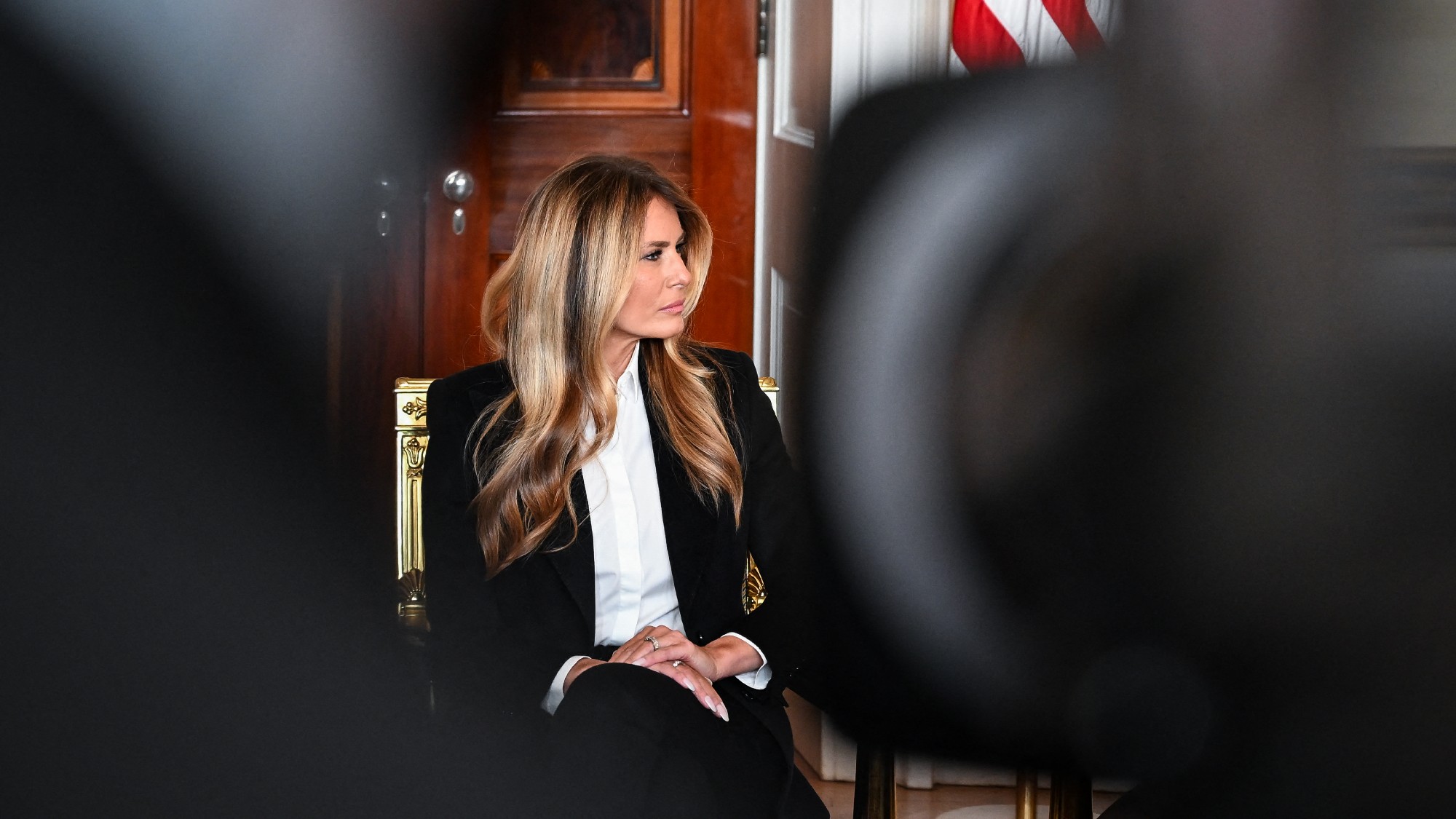 Quiz of The Week: 31 January – 6 February
Quiz of The Week: 31 January – 6 FebruaryQuiz Have you been paying attention to The Week’s news?
-
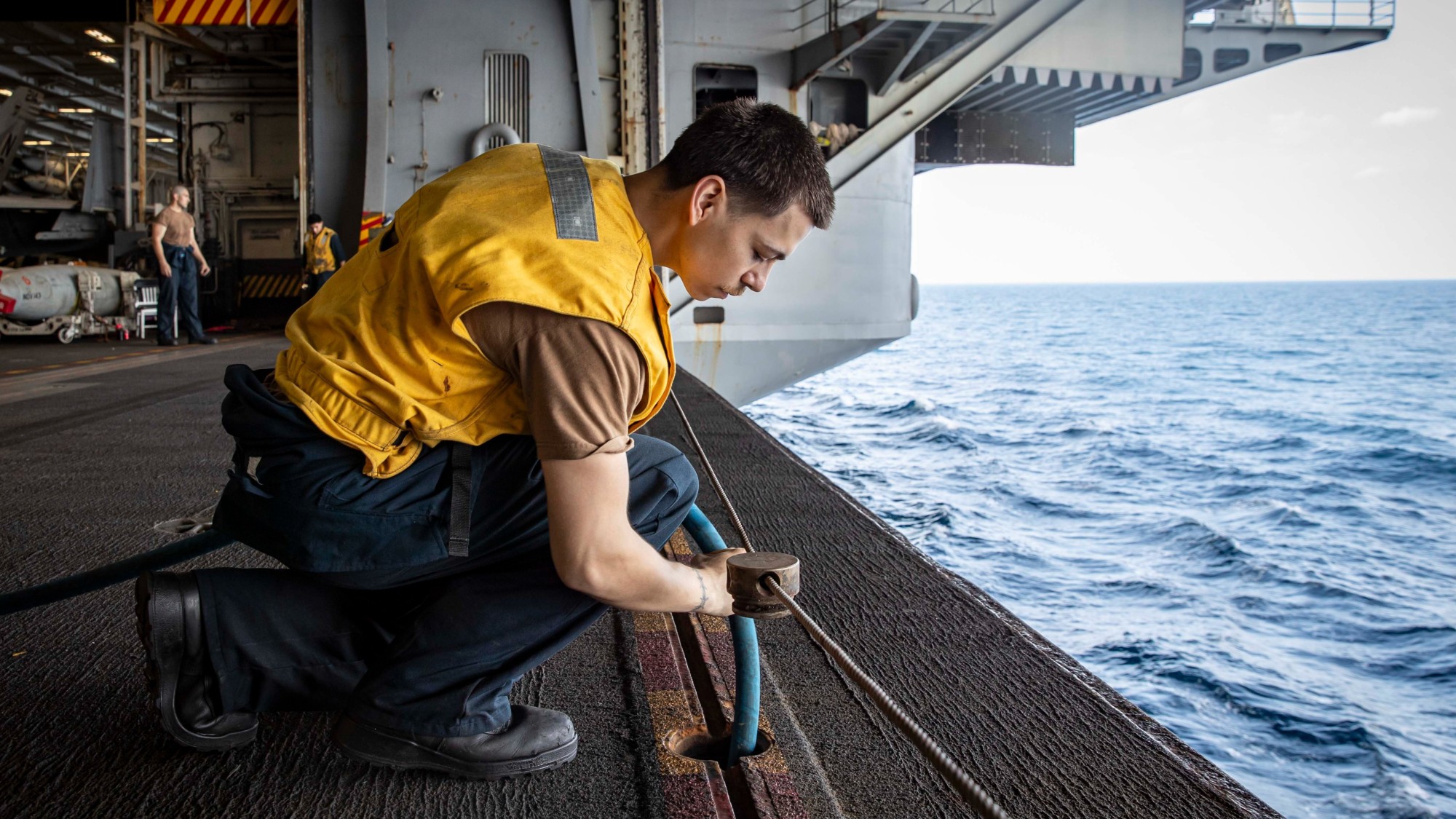 Quiz of The Week: 24 – 30 January
Quiz of The Week: 24 – 30 JanuaryQuiz Have you been paying attention to The Week’s news?
-
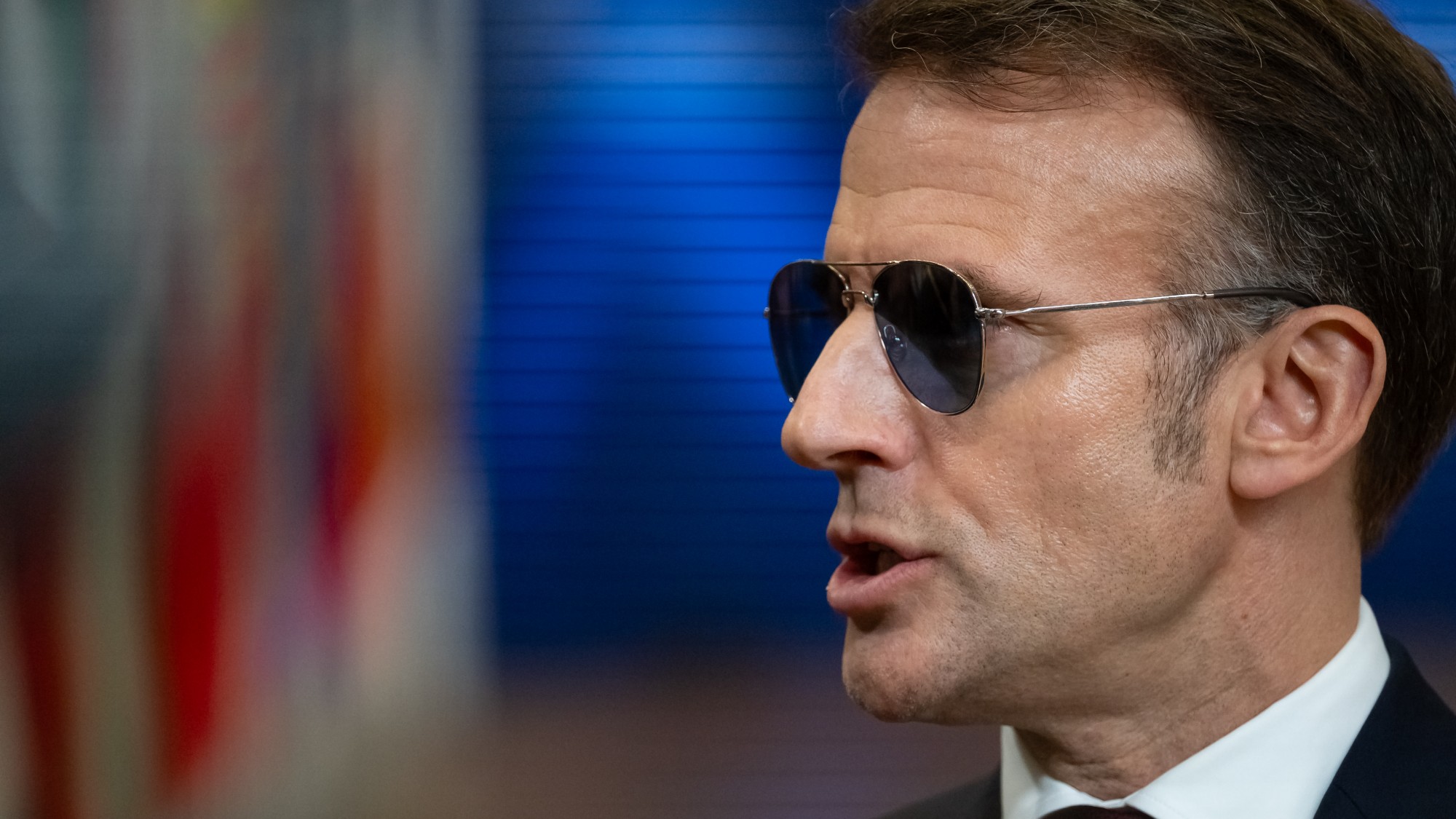 Quiz of The Week: 17 – 23 January
Quiz of The Week: 17 – 23 JanuaryQuiz Have you been paying attention to The Week’s news?
-
 Quiz of The Week: 10 – 16 January
Quiz of The Week: 10 – 16 JanuaryQuiz Have you been paying attention to The Week’s news?
-
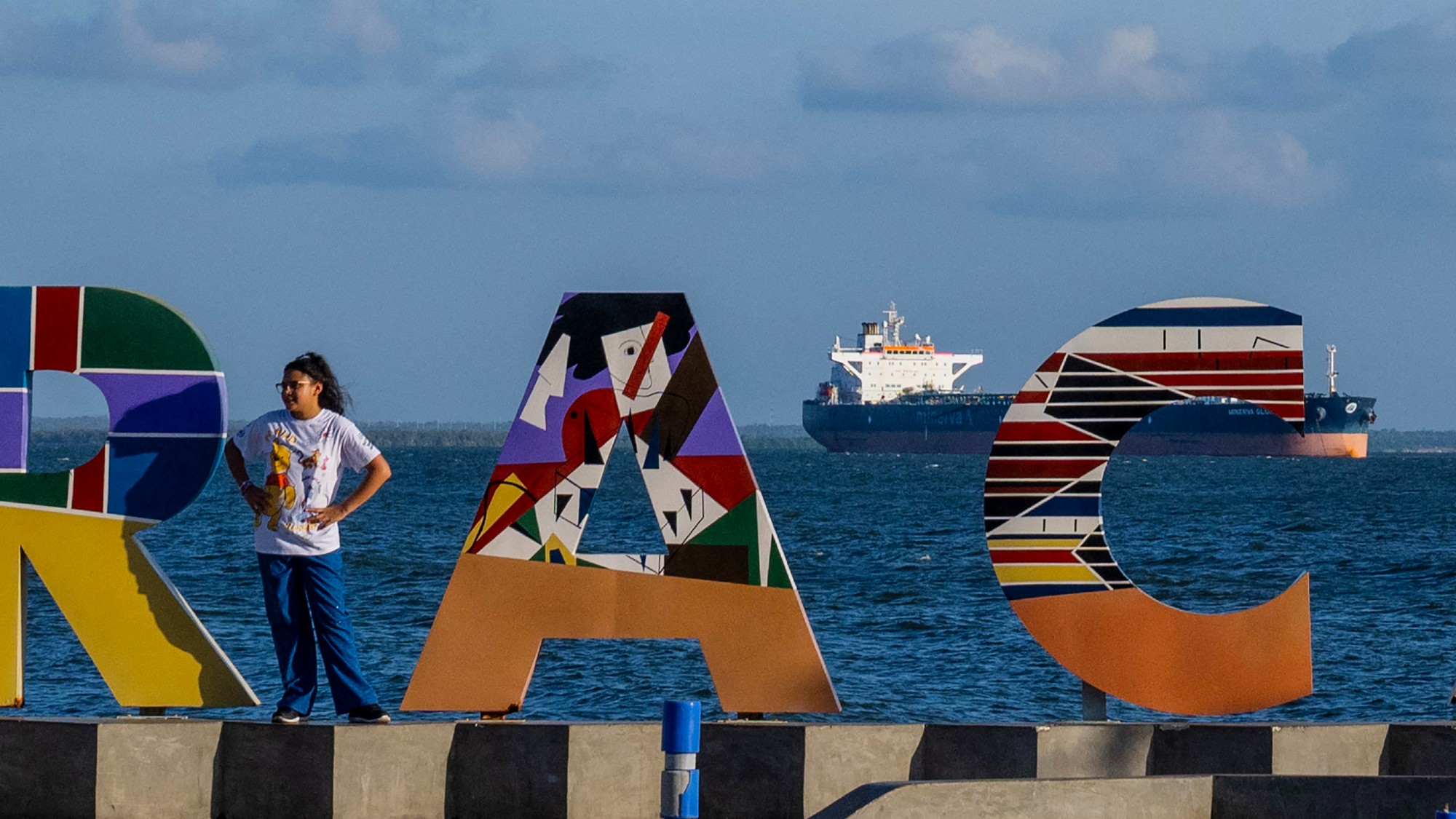 Quiz of The Week: 3 – 9 January
Quiz of The Week: 3 – 9 JanuaryQuiz Have you been paying attention to The Week’s news?
-
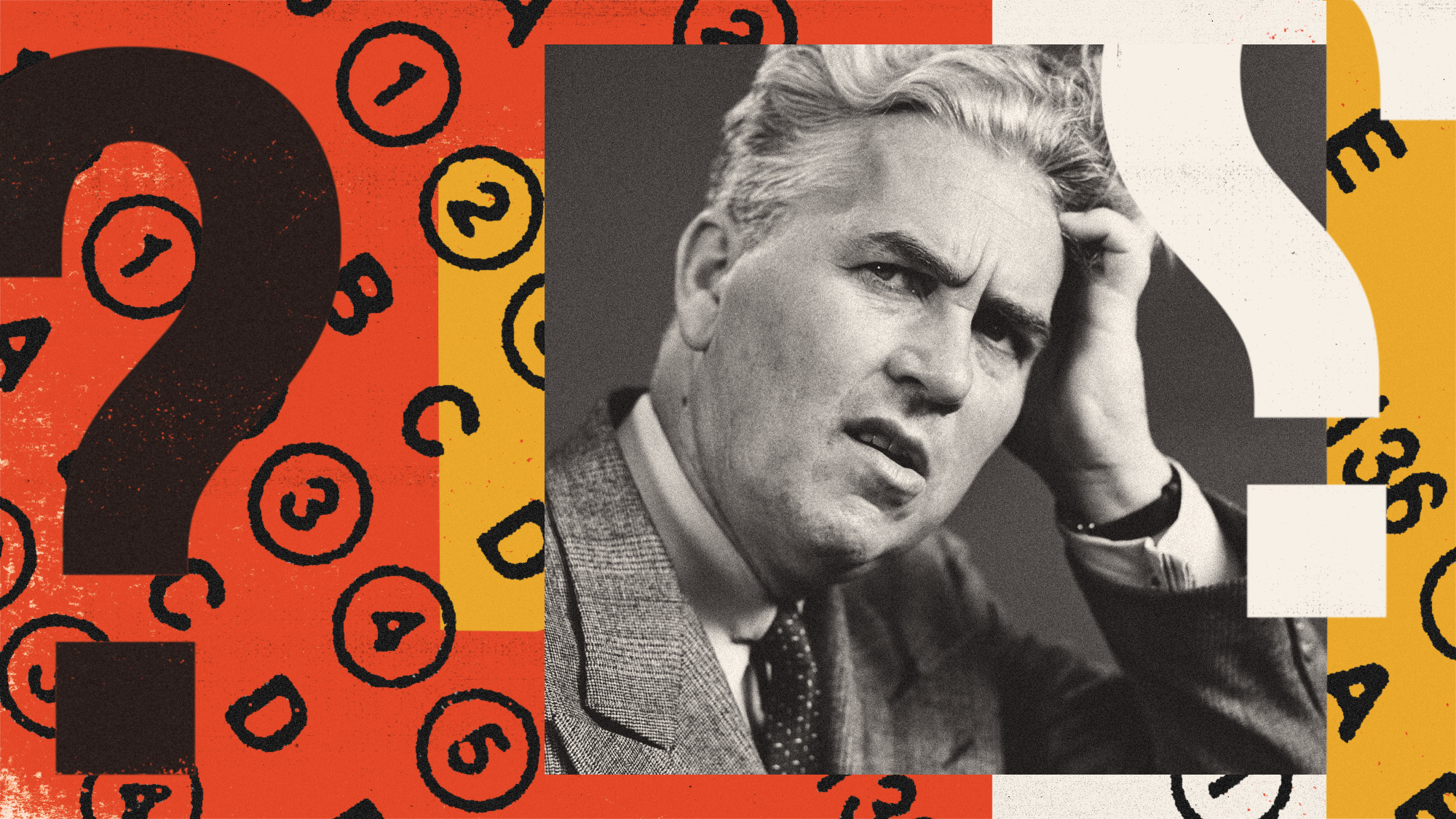 The Week’s big New Year’s Day quiz 2026
The Week’s big New Year’s Day quiz 2026Quiz of the Year How much do you remember about 2025’s headlines? Put yourself to the test with our bumper quiz of the year
-
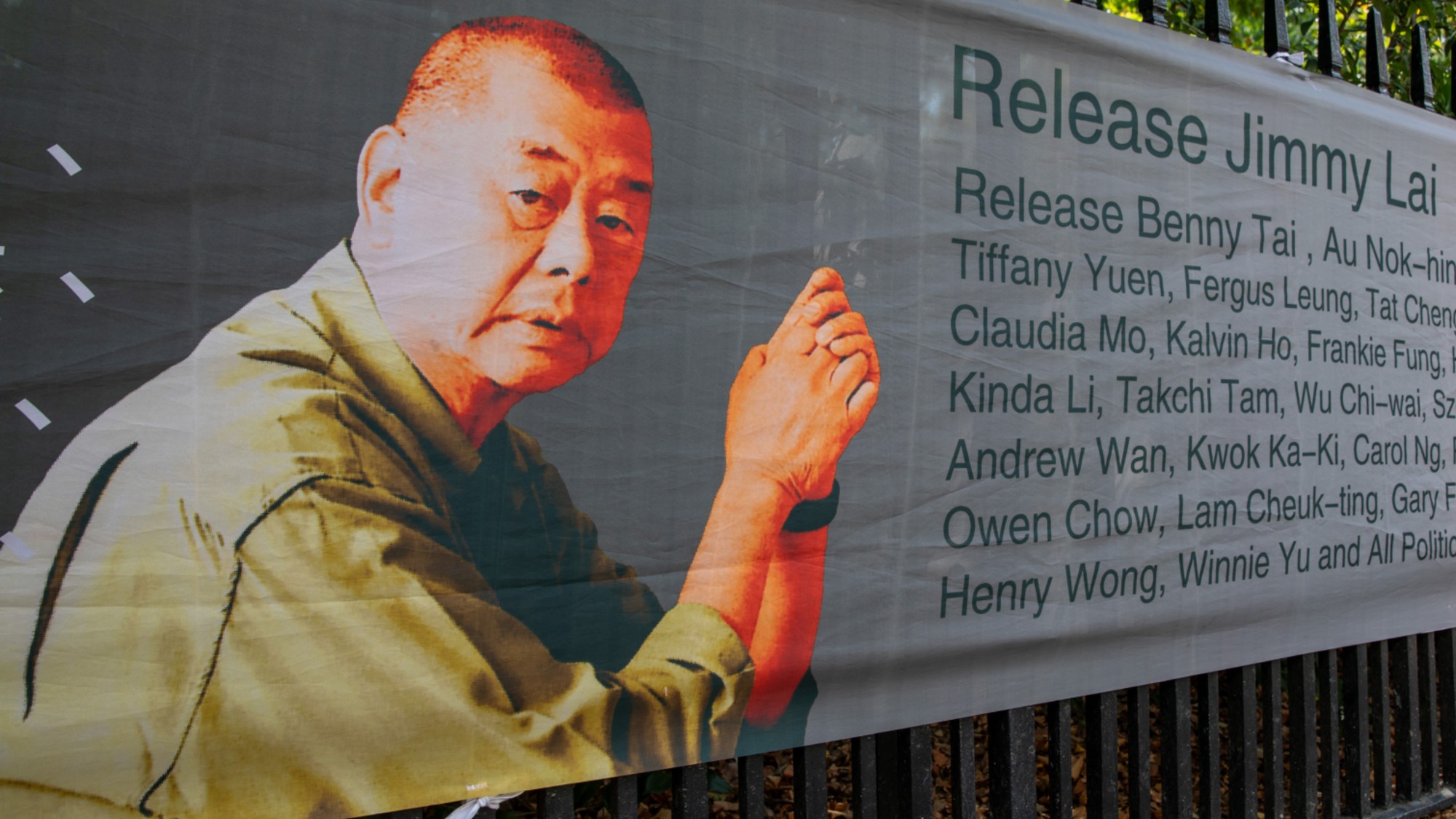 Quiz of The Week: 13 – 19 December
Quiz of The Week: 13 – 19 DecemberQuiz Have you been paying attention to The Week’s news?